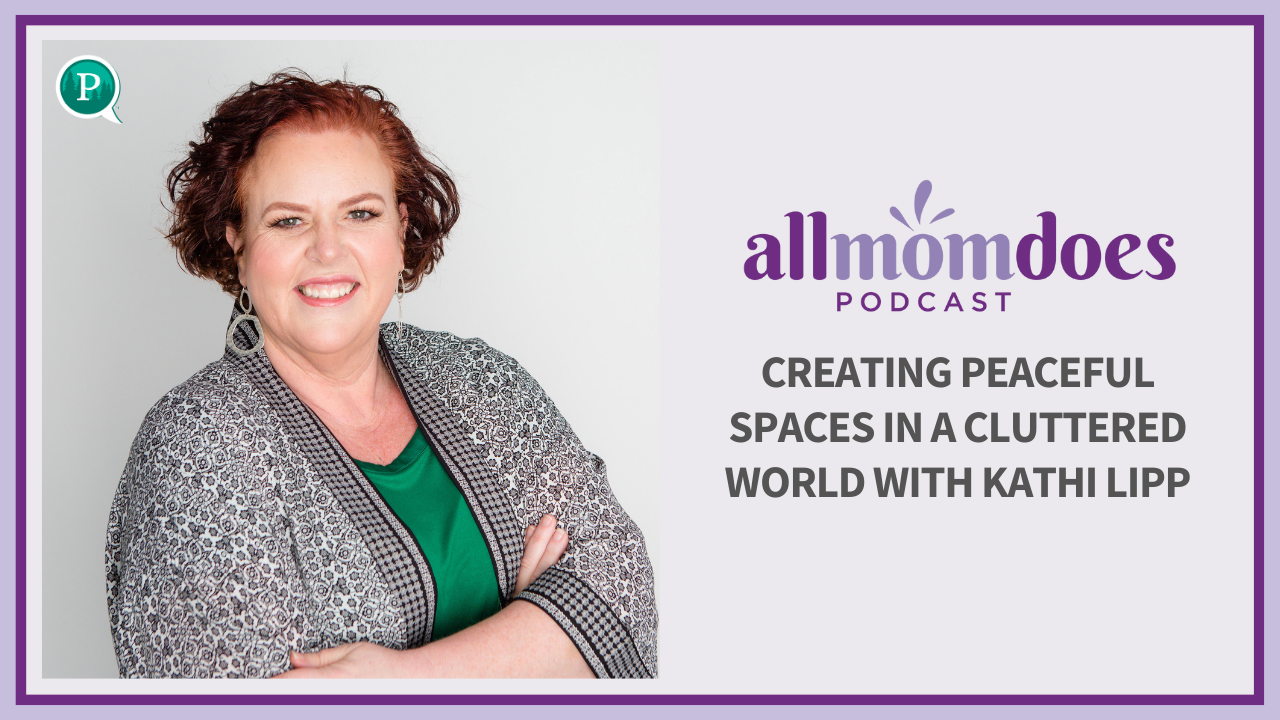A few of us were sitting around, reminiscing about our childhoods. Some had funny memories. Sweet memories. Traumatic memories.
And to be honest, some of the memories seemed a little…nonsensical. Incongruous. The spirit of one memory didn’t jive with another. As we started to recognize the gaps in our recall, we all started to wonder: What was our childhood REALLY like? It dawned on us that the specific memories that stuck might not represent the whole of our experiences.
And once we went down that rabbit trail we started to think – how many of us put our children to bed at night and agonize over our failures of the day, convinced we’re constructing a childhood for them that won’t be as magical in their memories as we’d like it to be?
Mama, that’s the problem. We’re spending too much time trying to construct something we have absolutely no control over.
Because here’s the thing. Your child’s perception is their reality. And no matter how carefully you craft the perfect reality, the way they perceive it is the way they will remember it. And while you may be able to control their environment, you can never control their perception. It’s just not possible.
Case in point: My family and I were wrapping up what I considered to be a great day. We were on vacation, played all day, and capped off the evening playing a game together. Everyone got along and the kids went to bed easily. It was one of the better days in my recent memory.
And then as my son crawled into bed he said, “Don’t worry, mom. Tomorrow’s a new day and maybe it will be better for you.”
Wait…what?
I racked my brain to figure out what he was talking about. It had been a great day. There had been laughter and fun and no lost tempers. So I asked him why he thought I was upset or that I didn’t have a good day.
And he didn’t really have an explanation. He just thought I was frustrated for some reason.
It is my sincere hope that my kids will grow up and remember feeling loved and cherished. I pray that they’ll remember some of the fun things we did together, and that those things will color their overall perceptions of their childhoods.
But maybe, despite my best efforts, that’s not what they’ll remember. Maybe instead of remembering the hours they played together with squeals of joy and riotous laughter, they’ll believe that they hated each other as kids because the bickering stuck out most in their memories. And instead of remembering a mom who worked her tail off to make summers magical, they’ll remember walking on eggshells around a mom who was frustrated and angry.
{Even if she wasn’t.}
Mom, do your best. But don’t run yourself ragged or drive yourself crazy because you’re trying to write a story your kids might not even remember. Do things because you want to do them with your kids, not because you’re trying to make the “highs” outshine the “lows.”
Because you can never know how things will actually measure up in their minds, anyway.

















